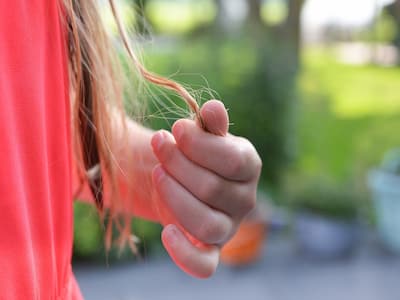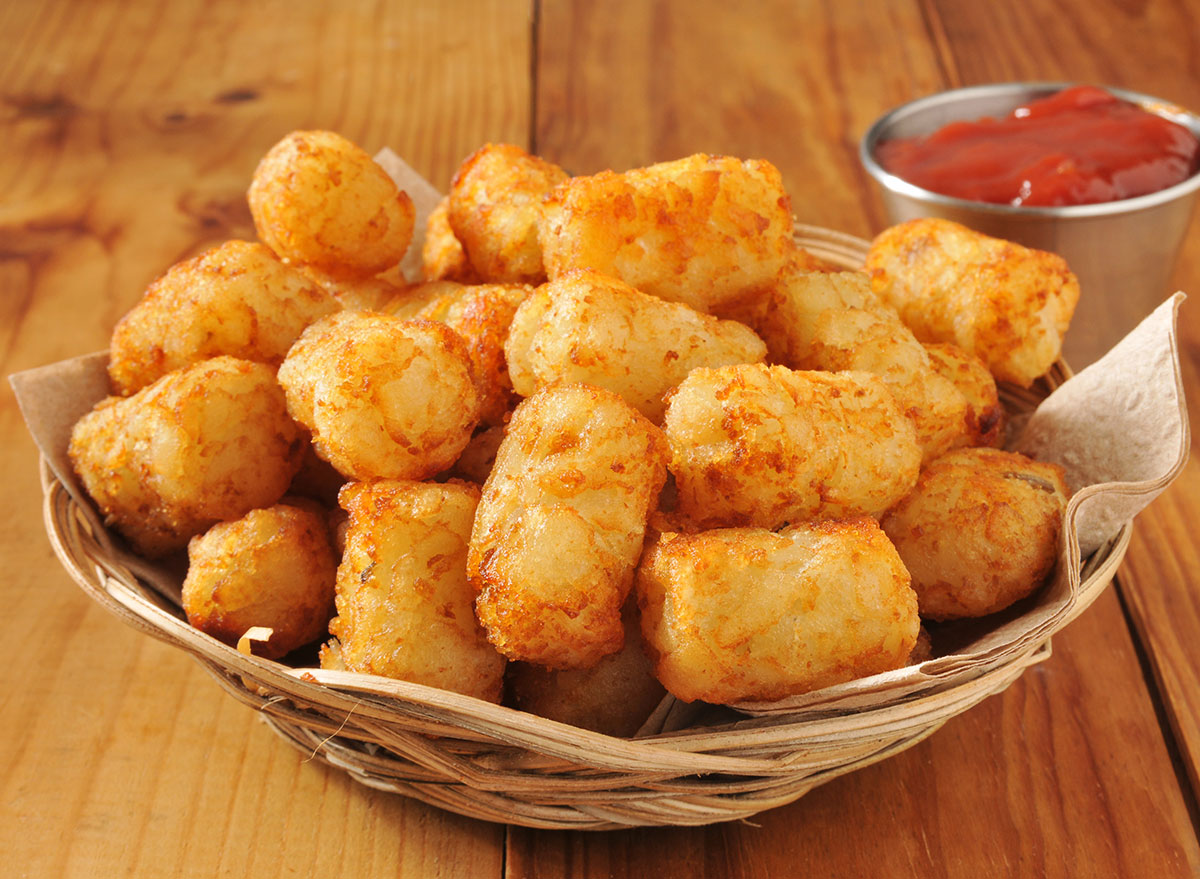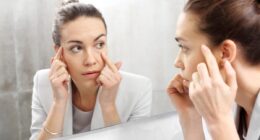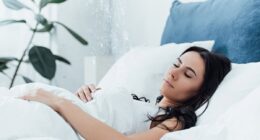
Menopause is a biological process in women which brings along numerous changes in the body and excessive hair loss is one of them.
Women experience menopause after the age of 40. It is a natural and biological process which signifies that a woman can no longer reproduce. During this phase, it is not just women’s bodies undergo a permanent change as it adjusts to the fluctuating hormone levels. This change also brings along a change in hair quality and quantity. Excessive hair loss is one of the changes that is induced by menopause. Experts say that this also happens due to the shift in hormone levels in the body. The level of estrogen nd progesterone becomes low. These hormones are responsible for promoting hair growth so, when it becomes less, the hair growth also becomes less. This can lead to various symptoms such as hair thinning, hair loss, and weakening of the hair follicles.
Hair issues can vary from individual to individual due to differences in hormonal functioning and other causes, such as environmental factors, genetics, and diet. However, these symptoms can be managed with proper lifestyle changes and with the help of a healthy routine. Menopause coach Tammana Singh shares causes and treatment.
What Causes Hair Loss During Menopause?
Here are 5 factors which influence hair loss during menopause.
Hormone Imbalances: The menopause transition consists of a lot of hormonal fluctuations which can lead to hair problems, such as hair loss and poor hair growth. The main cause behind this problem is the dropping levels of oestrogen during menopause in the body. This affects the growth of hair follicles and results in conditions like greying of hair, split ends and frequent hair loss.
Genetics: Genetics also play a vital role in hair problems during the menopause transition. Inherited genes from the parents or bloodline can cause these problems, as some genes are responsible for inducing hair-related issues in the body. These genes suppress the hair growth follicles and prevent healthy growth of hair in females.
Polluted Environment: A polluted environment is also another cause of hair loss problems during menopause. Air pollution and the action of toxic gases from the environment seriously harm hair growth and cause multiple problems, such as hair thinning, rapid hair loss, split ends, greying of hair and weakening of hair follicles.
READ RELATED: Gastroenteritis Or Stomach Flu In Children: Causes, Symptoms And Remedies
Stress: Stress causes hair loss and hair-related issues during the menopause period. High levels of cortisol during menopause induce stress in females, which can lead to hair loss and delayed hair follicle growth. It also impacts the strength of the hair and damages the hair follicles, leading to weakening of the hair.
Lifestyle And Diet: Bad lifestyle habits, such as smoking and alcohol consumption, also lead to hair problems during menopause. These factors, along with a nutrient-deficient diet, make things worse and cause multiple hair issues. A diet lacking in vitamins and minerals, such as zinc and riboflavin, can cause problems like poor hair growth and poor maturation of hair follicles.
What Are The Treatments Women Can Avail?
Tammana Singh says that these treatments can help women battling hair loss during menopause.
- Lifestyle Changes: Healthy lifestyle changes, such as regular exercise and consumption of nutrient-rich foods, can help in managing hair problems during the menopause transition. A protein-rich diet with intake of vitamins and minerals also boosts the overall growth of hair and prevents weakening of hair follicles.
- Professional Help: Talking to your doctor and analyzing the root cause of the problem can help in managing hair growth issues during the menopause period. Proper consultation with your doctor helps you in finding the actual reason behind your problems and supports the management of hair problems.
- Meditation: Meditation helps in reducing stress in the body, which in return lowers the cortisol levels and prevents conditions like hair loss, hair thinning, weakening of hair etc.
- No harsh chemical and hair treatments: Avoid products which have harsh chemicals in shapes, spas, conditioners, colours. Avoid heat treatments, which can further damage the hair .
- Use Natural or Ayurvedic ingredients such as Hibiscus, Manjishtha, Hemp Seeds, Babchi, Kalonji Oil, Ashwagandha, Curry Leafs, Red Onion juice Fenugreek Seeds, Tea Tree.
Total Wellness is now just a click away.
Follow us on
Don’t Miss Out on the Latest Updates.
Subscribe to Our Newsletter Today!
window.addEventListener(‘load’, (event) => {
$(‘#commentbtn’).on(“click”,function(){
(function(d, s, id) { var js, fjs = d.getElementsByTagName(s)[0]; if (d.getElementById(id)) return; js = d.createElement(s); js.id = id; js.src = “//connect.facebook.net/en_US/sdk.js#xfbml=1&version=v2.3”; fjs.parentNode.insertBefore(js, fjs);}(document, ‘script’, ‘facebook-jssdk’));
$(“.cmntbox”).toggle();
});
});









